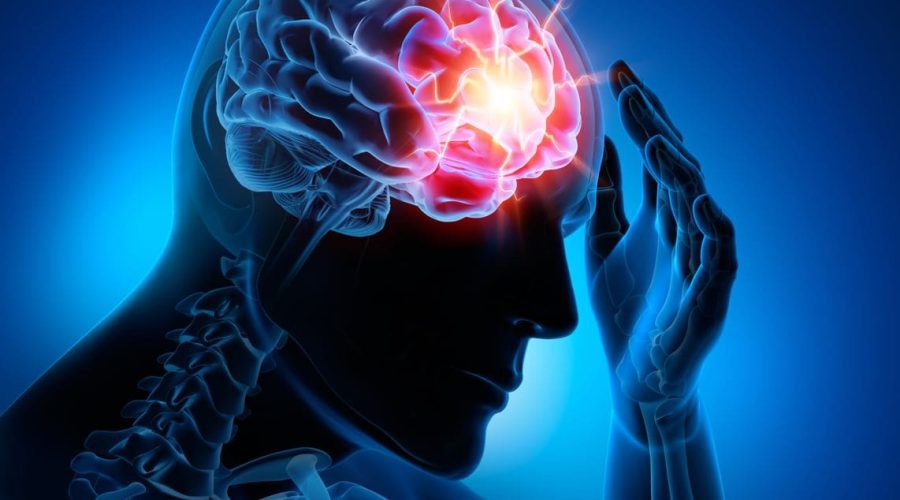Brain injuries can have profound and lasting impacts on an individual’s life. Whether caused by accidents, falls, or medical conditions, understanding the long-term effects is crucial for managing and adapting to these changes.
What is a Brain Injury?
A brain injury occurs when an external force or medical condition damages the brain. These injuries can range from mild concussions to severe traumatic brain injuries (TBIs). They are broadly categorized into two types:
- Traumatic Brain Injury (TBI) – Caused by an external force, such as a blow to the head, a fall, or an accident. If you’ve been injured in a car accident, you can claim to help with the medical expenses. Contact a reputable Atlanta car accident attorney to get started.
- Acquired Brain Injury (ABI) – Results from medical conditions like strokes, tumors, or infections that affect the brain.
Common Causes
- Falls – A leading cause, especially in children and the elderly.
- Vehicle-Related Accidents – Car, motorcycle, or bicycle accidents.
- Sports Injuries – Contact sports or extreme activities.
- Assaults – Acts of violence that result in head trauma.
- Medical Conditions – Strokes, aneurysms, tumors, or infections.
Immediate Symptoms
Right after a brain injury, symptoms can be quite varied. These immediate symptoms provide critical information about the severity of the injury.
Physical Symptoms
- Headaches – Persistent or worsening pain.
- Nausea and Vomiting – Often seen with concussions.
- Dizziness and Balance Issues – Difficulty standing or walking.
- Loss of Consciousness – Ranging from a few seconds to prolonged periods.
- Seizures – Indicative of severe injury.
Cognitive and Emotional Symptoms
- Confusion – Trouble understanding what’s happening.
- Memory Loss – Difficulty remembering the event or recent occurrences.
- Mood Swings – Irritability, anxiety, or depression.
- Slurred Speech – Difficulty forming words or sentences.
- Sensory Issues – Blurred vision, ringing in the ears, or altered taste and smell.
Long-Term Effects
The long-term effects of brain injuries depend on the severity and location of the injury. These effects can be physical, cognitive, emotional, or behavioral.
Physical Effects
- Chronic Pain – Persistent headaches or neck pain.
- Fatigue – Ongoing tiredness and reduced stamina.
- Coordination Problems – Difficulty with balance and fine motor skills.
- Paralysis – Partial or complete loss of muscle function in body parts.
Cognitive Effects
- Memory Issues – Long-term or short-term memory loss.
- Attention and Concentration – Difficulty focusing on tasks or conversations.
- Problem-Solving – Challenges in planning, organizing, and executing tasks.
- Processing Speed – Slower thinking and reaction times.
Emotional and Behavioral Effects
- Mood Disorders – Increased risk of depression, anxiety, and mood swings.
- Personality Changes – Altered behavior, becoming more irritable or impulsive.
- Social Withdrawal – Reduced interest in social interactions.
- Aggression – Increased irritability and potential for outbursts.
Diagnosis and Monitoring
Diagnosing and monitoring the long-term effects of brain injuries involves various assessments and ongoing evaluations.
Medical Evaluations
- Neuroimaging – MRI and CT scans to assess brain structure and monitor changes.
- Neurological Exams – Assessing reflexes, muscle strength, and sensory functions.
- Neuropsychological Testing – Evaluating cognitive functions, memory, and problem-solving abilities.
Regular Monitoring
- Follow-Up Appointments – Regular check-ins with healthcare providers.
- Rehabilitation Progress – Tracking improvements and setbacks in physical and cognitive therapy.
- Mental Health Assessments – Regular evaluations by psychologists or psychiatrists.
Embracing the Future
Living with the long-term effects of a brain injury can be challenging, but with the right support, resources, and mindset, it’s possible to lead a fulfilling life. Understanding what to expect helps in planning and adapting to these changes.
